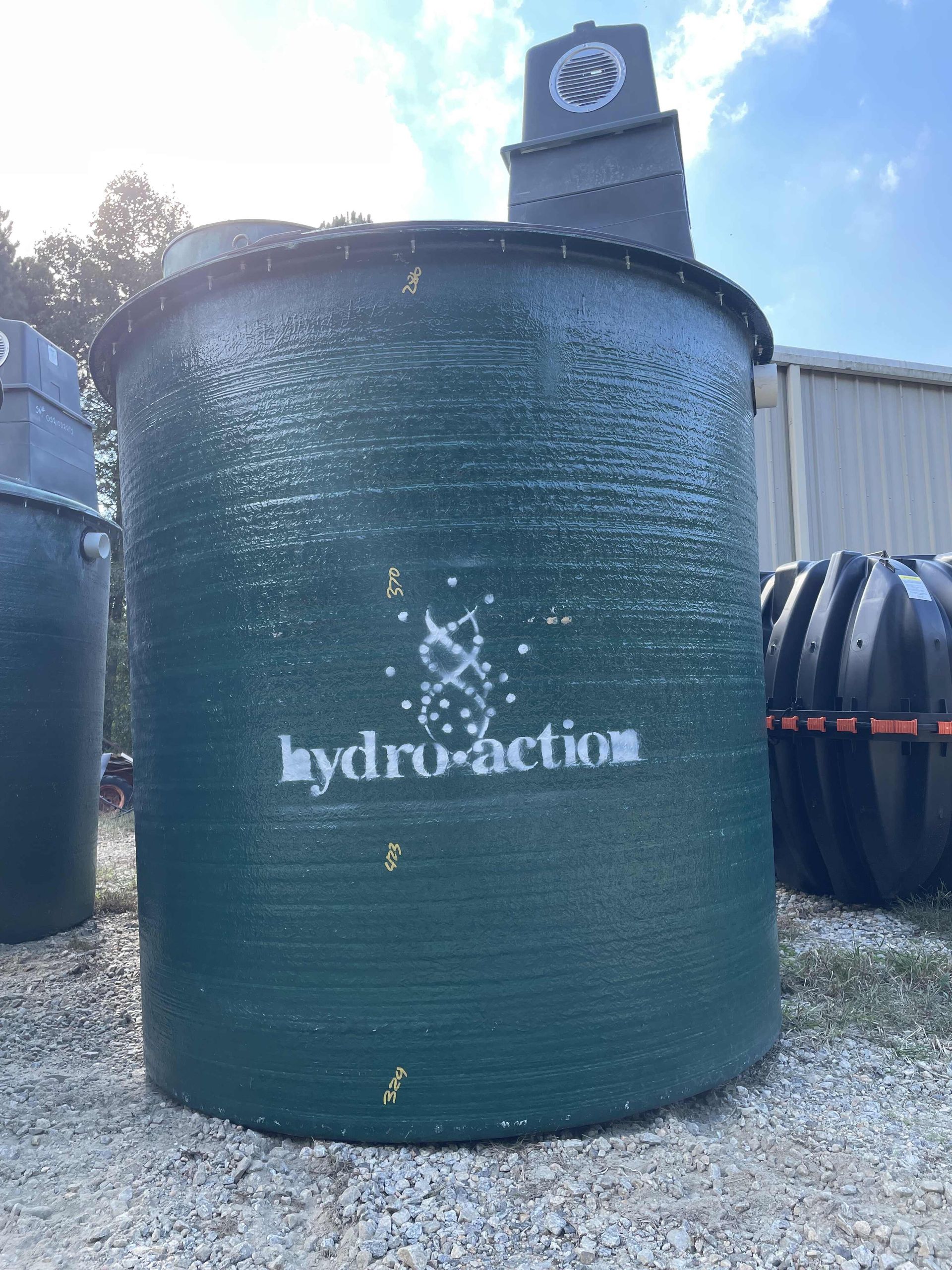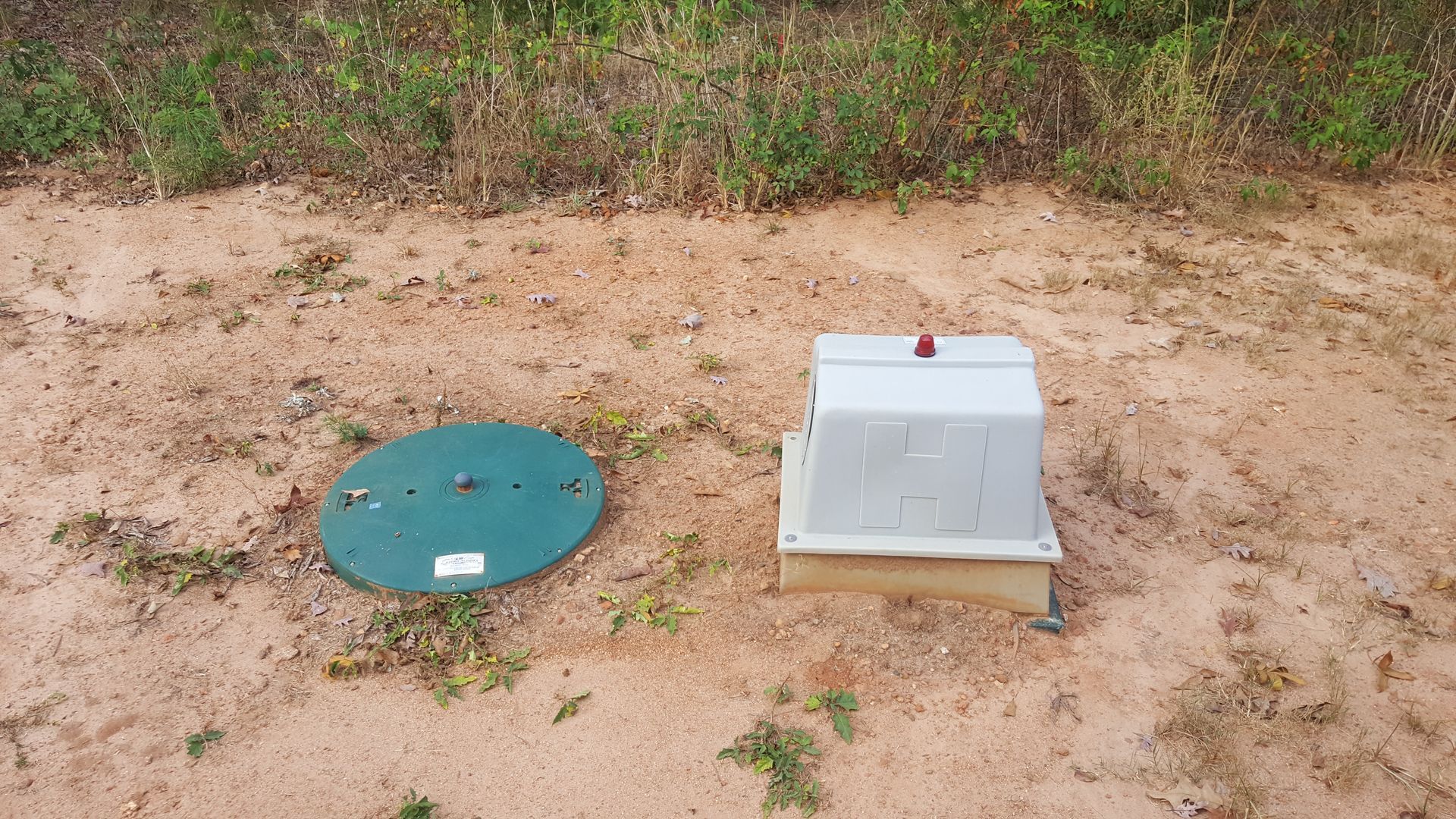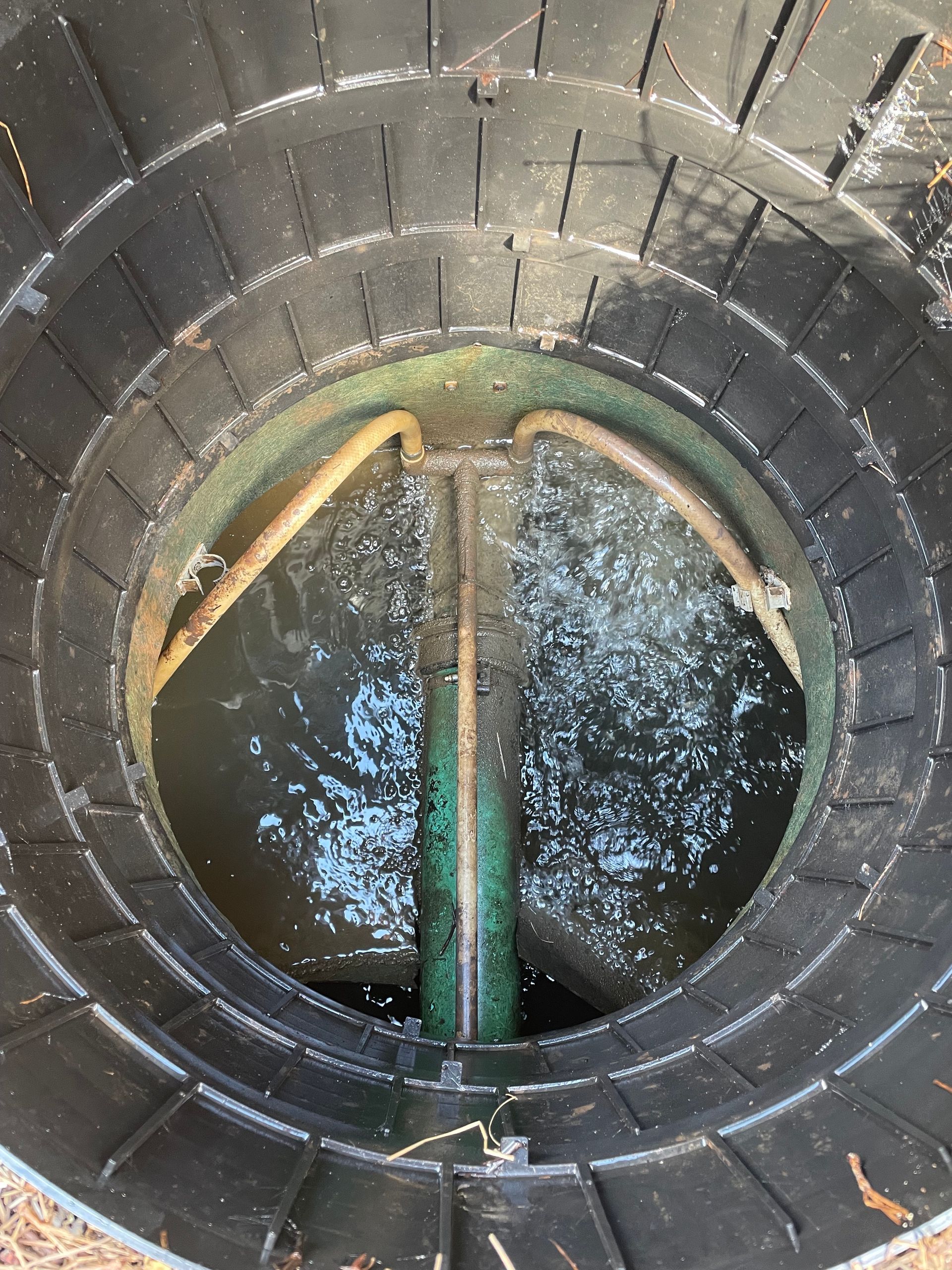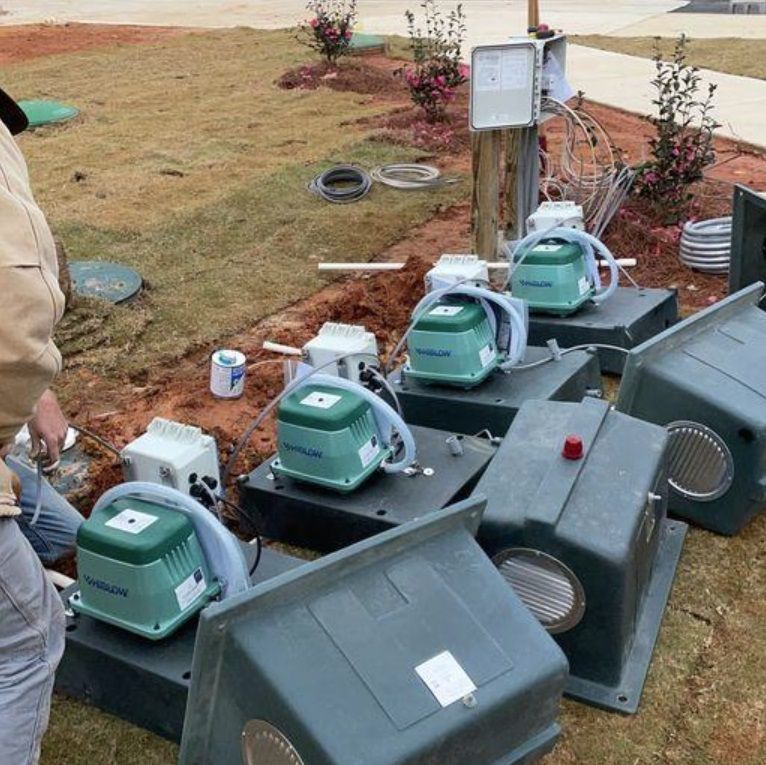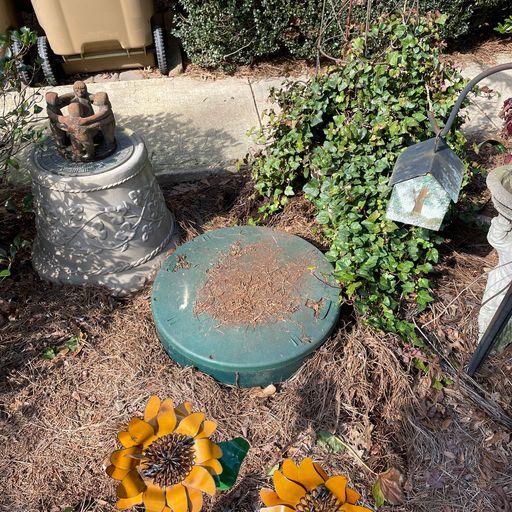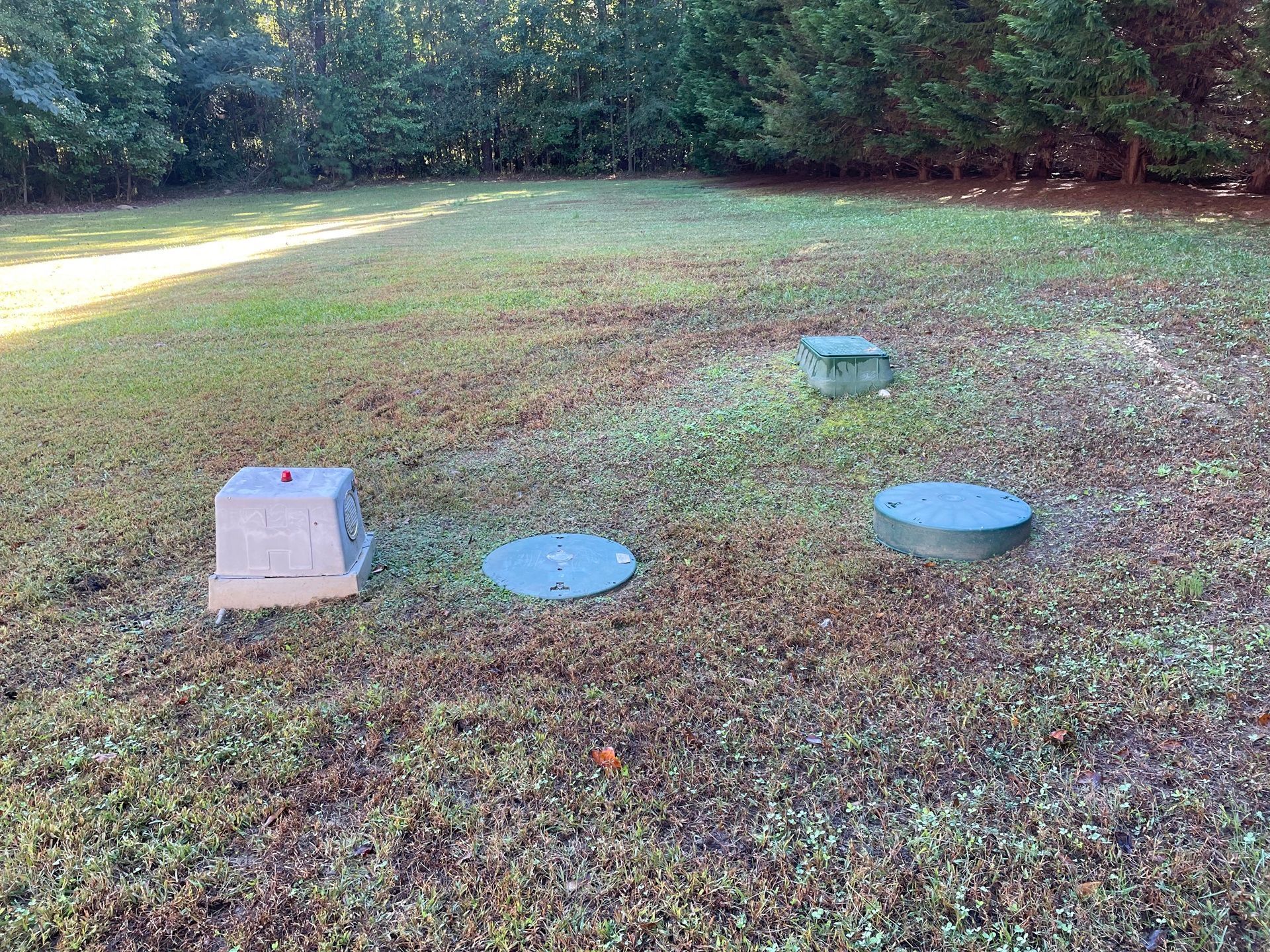Get in touch
404-788-3474
asmseptic@gmail.com
Email Us on: asmseptic@gmail.com
Call or Text: 404-788-3474
Comparing ATUs and Traditional Septic Systems: A Thorough Guide for Property Owners
When it comes to wastewater management, choosing the right septic system for your residential or commercial property is crucial. As environmental concerns continue to influence modern decision-making, alternative septic systems, such as Aerobic Treatment Units (ATUs), are becoming popular choices for property owners seeking efficient and environmentally friendly alternatives to traditional septic systems. To make an informed decision, understanding the key differences between ATUs and conventional systems is essential. This blog post aims to provide a comprehensive comparison, highlighting the advantages and disadvantages of both options and guiding readers toward the most suitable choice for their needs.
At their core, traditional septic systems rely on anaerobic bacteria within a septic tank to process waste. While these systems have been in use for decades, they often fall short in efficiency and eco-friendliness. On the other hand, ATUs utilize aerobic (oxygen-rich) bacteria in a multi-chambered system to provide more effective and environmentally responsible waste treatment. This article will explore the nuances that set these systems apart, comparing their effectiveness, performance, environmental impact, maintenance needs, and cost considerations.
Through a thorough explanation of traditional septic systems and ATUs, we aim to empower property owners with the knowledge necessary to select the most appropriate wastewater management solution for their residential or commercial property. Whether you prioritize environmental preservation, system longevity, efficiency, or a combination of factors, this guide on alternative septic systems and traditional septic systems will serve as a valuable resource for decision-making, ultimately leading toward a more sustainable future.
Comparing Effectiveness and Performance: ATUs vs. Traditional Systems
One of the most significant differences between ATUs and traditional septic systems lies in their wastewater treatment effectiveness and overall performance. Conventional septic systems utilize anaerobic bacteria, which can struggle to break down waste efficiently. This can result in unwanted system failures and, in some cases, groundwater contamination.
On the other hand, ATUs employ aerobic bacteria in an oxygen-rich environment, facilitating a more rapid and effective waste breakdown. This increased efficiency often translates to better overall treatment performance, making ATUs generally more reliable for both residential and commercial properties.
Environmental Impact: Which System Is Greener?
As environmental concerns continue to influence modern decision-making, it becomes increasingly critical to evaluate the ecological footprint of both traditional septic systems and ATUs. Traditional systems can suffer from inadequate nutrient removal, which can lead to nutrient pollution, negatively impacting water resources and disrupting local ecosystems.
Conversely, ATUs offer superior nutrient removal capabilities, reducing nitrogen and phosphorous levels in treated wastewater. In addition, their enhanced wastewater treatment performance reduces the likelihood of system failures and groundwater contamination, making ATUs a more environmentally responsible choice.
Maintenance and Care: Ensuring Long-term System Efficiency
Another notable difference between traditional septic systems and ATUs pertains to the respective maintenance requirements for each system. While conventional septic systems generally need less frequent inspections and maintenance, the potential for system failures and the resulting environmental impact cannot be ignored.
Comparatively, ATUs demand regular maintenance checks to monitor the performance of the system, addressing any potential issues before they become problematic. By implementing a proactive maintenance schedule, property owners can enjoy the benefits of a more efficient and long-lasting wastewater treatment solution with ATUs.
It is worth noting that, despite the increased maintenance requirements associated with ATUs, they often boast longer service life and reduced long-term costs when properly cared for.
Cost Considerations: Weighing the Investment in an ATU
Both initial investment and long-term cost implications are essential factors for property owners to consider when choosing a suitable septic system. Conventional systems typically come with lower upfront installation costs; however, their potential for system failures and the environmental repercussions of such failures can offset these initial savings.
While ATUs generally require a higher initial investment, the long-term benefits often justify the expense. An ATU's enhanced performance and environmental advantages, coupled with reduced long-term repair and replacement costs, can result in overall cost savings for the property owner.
Considering that ATUs typically demand smaller drain fields, property owners can also enjoy decreased costs associated with land use, potentially increasing the value of their real estate.
Selecting the Appropriate Septic System for Your Property: Factors To Consider
When deciding between a traditional septic system and an ATU, there are several factors to take into account. These considerations will help guide property owners to select the most suitable wastewater management solution for their specific needs:
1. Property size and system capacity requirements: Assess the size of your property and the wastewater output to determine the appropriate size and capacity of the wastewater treatment system needed.
2. Environmental impact: If minimizing environmental impact is a priority, ATUs generally provide a more sustainable option due to their superior nutrient removal capabilities and reduced risk of groundwater contamination.
3. Maintenance requirements and costs: Both systems call for maintenance, with ATUs requiring more frequent care. Weigh the importance of maintenance-related factors, such as service life, efficiency, and long-term costs, when making a decision.
4. Regulatory compliance: Consult with local authorities to ensure compliance with any applicable wastewater treatment regulations, which could influence your choice of the septic system.
Conclusion
Determining the appropriate
wastewater treatment system for residential and commercial properties demands careful consideration of factors such as effectiveness, environmental impact, maintenance needs, and cost implications. ATUs offer several advantages in terms of efficiency, eco-friendliness, and long-term performance, making them a practical alternative to traditional septic systems.
By understanding the key differences between ATUs and conventional systems, property owners can make an informed decision and ultimately contribute to a more sustainable future. Trust Alternative Septic Management Inc.to provide alternative septic services like no other! Reach out to us today to get started.
Alternative Septic Services For Residential And Commercial Systems Requiring Alternative Septic Systems.
Quick Links
Our Services
Septic Installation
Septic Repair
Septic Inspection
Air Compressor Maintenance
Pump Maintenance
Get In Touch
Mobile: 404-788-3474
Email: asmseptic@gmail.com
Address: 3295 Fannie Thompson Rd. Monroe GA 30656
Copyright 2025 © All Rights Reserved. Alternative Septic Management, Inc.

